It is no secret that these days it is easier to find phrase “Artificial Intelligence” in our Digital world. Both your professional and personal success depends on your ability to learn and Implement Artificial Intelligence(AI) solutions.
Most of the AI progress was in this century beginning, that is in the year 2000. The AI performance has increased from 0% to Human Level performance that could do pretty normal things like recognizing our handwriting. In the year 2012 the AI has reached Human level performance that is capable of doing things of Human level performance.
In the year 2013 AI could recognize “Speech recognition” and then things changed quite rapidly.
Image classification by AI was occurred around the year 2014, which tells either Bat or Ball. Language classification then came around 2018,.
Understanding and reasoning of AI above the Human level performance has increased gradually.
Computers can capture more logic without being emotionally hijacked and process information qualitatively. "Machine thinking" tools will continue to develop and take decisions logically
Humans can augment Machines
Al Machines must train to perform tasks; explain the outcomes of the tasks when the results are counterintuitive or controversial.
Al systems Training
Machine- learning algorithms must be taught how to perform the work they are designed to do. Huge training data sets need to be accumulated to teach machine translation apps to handle idiomatic expressions and recommendation engines to support financial decision making, in stock trade.
For instance, Microsoft Al assistant, Cortana, is the bot required extensive training to develop.
As Artificial Intelligence becomes more integrated into our lives, comparisons between machine and human intelligence grow increasingly relevant. From smart assistants to self-driving cars, AI is transforming industries—but can it match the depth and creativity of the human mind?
The Nature of Consciousness
One of the biggest debates in AI is whether a machine can ever be truly conscious. Consciousness involves self-awareness, intentionality, and subjective experience. It's what allows us to reflect on our thoughts, make sense of the world, and understand our place in it.
AI, no matter how advanced, does not possess self-awareness. It can mimic intelligent behavior, but it cannot reflect, feel, or know that it exists. In contrast, human consciousness is shaped by biology, culture, and lifelong experience.
Creativity: The Human Edge
Creativity is another domain where human intelligence outshines machines. While AI can generate art, music, or poetry, it does so by analyzing existing data and remixing patterns. It doesn’t create in the human sense—it predicts.
Human creativity stems from emotions, imagination, and intent. We draw from pain, joy, dreams, and memories. AI lacks these depths—it cannot truly innovate because it lacks purpose and passion.
Decision-Making and Judgment
Humans often make decisions based on incomplete information, guided by intuition, values, and empathy. AI, in contrast, requires data and clearly defined parameters. Its decisions are driven by logic, not emotion or context.
This is both a strength and a weakness. AI can avoid human biases in some areas but can also amplify them if trained on flawed data. Human intelligence allows for ethical flexibility; AI lacks the moral compass to evaluate right from wrong.
Language and Communication
AI language models have made impressive strides in natural language generation. Yet, understanding human communication requires more than vocabulary—it requires context, emotion, and cultural nuance.
Machines do not grasp sarcasm, subtext, or irony the way humans do. They may appear fluent, but their "understanding" is statistical, not conceptual.
Learning and Adaptation
Humans learn through experiences, mistakes, and reflection. Our learning is continuous and adaptive. AI, however, learns through data training—it must be fed structured input and guided through algorithms.
While machine learning can be incredibly fast and powerful, it lacks the self-directed curiosity and emotional learning of humans.
The Role of Ethics
Ethics play a vital role in intelligence. Humans are guided by moral codes that evolve with society. AI has no intrinsic ethics; it reflects the values (and flaws) of its creators.
This raises concerns about how AI is used in surveillance, decision-making, and warfare. Without ethical consciousness, AI remains a tool—not an equal.
AI is a remarkable achievement that has reshaped what technology can do. But machines are not minds. They calculate, simulate, and automate—but they do not live, feel, or create in the way humans do.
As we continue to develop smarter machines, it’s crucial to recognize the unique qualities of human intelligence. The goal should not be to replicate the human mind, but to build systems that complement it.
In the end, intelligence is not just about solving problems—it’s about understanding the world and our place within it. And for now, that’s still something only humans can truly do.
AI vs. Human Intelligence: Can Machines Really Think?
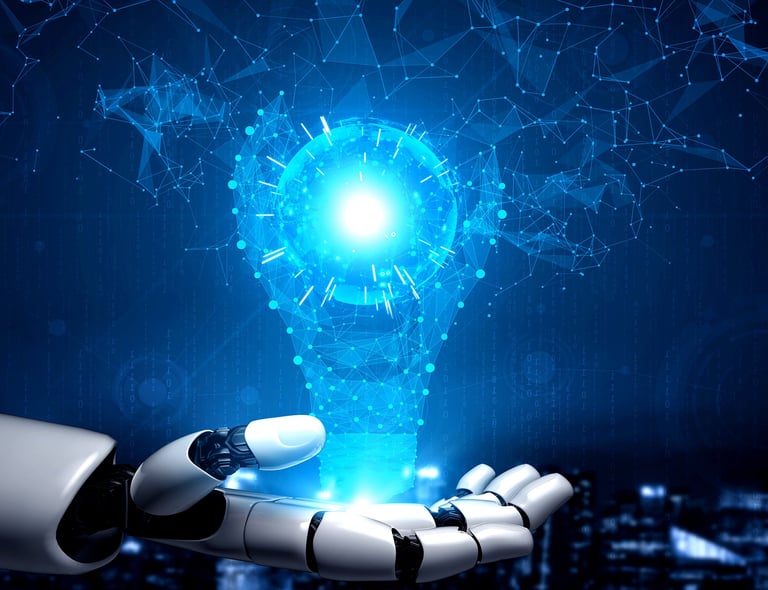

Chinnamanaidu Neerasa(MBA)
Updated 24 Jun, 2025
GPT- 1 (Generative Pre-Trained Transformer of OpenAI) was launched in June 2018 and it was a key step forward in Machine Learning.
GPT-2 Model launched in Feb,2019 and has capabilities of “Generates short Human Like” responses.
GPT-3 Model, launched in 2020 which can writes computer code.






GPT-4 Model launched in 2023 , has complex Reasoning capabilities.
Gemini 1.5 launched in Feb,2024 can accept MultiModel inputs.
Claude 3 Opus released in March 2024, can perform highly complex tasks allowing users to balance of Intelligence and Speed of application.




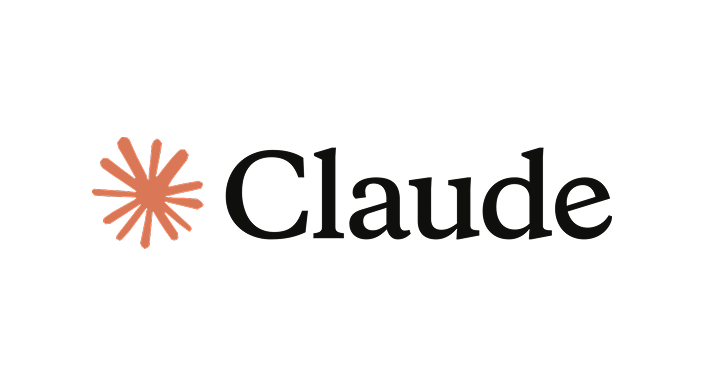

AI supports three important needs of business
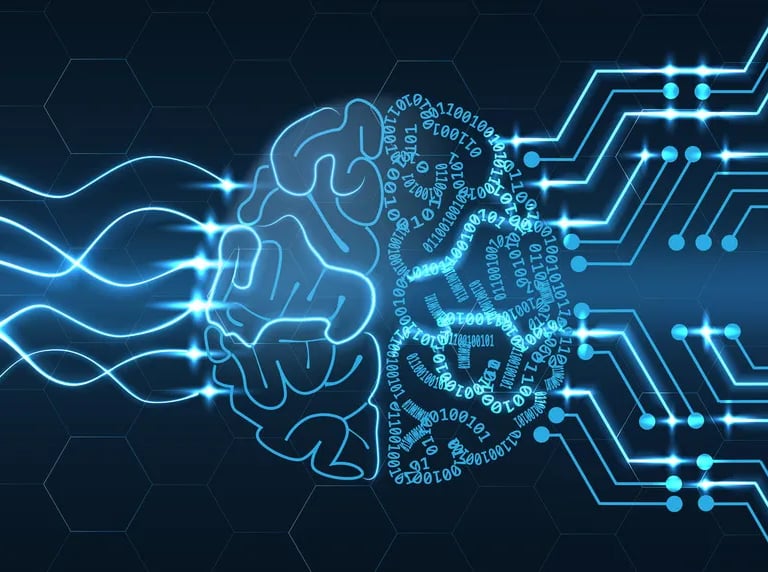

Automating business processes, gaining insights through data analysis and engaging with customers and employees.
Automation of business process: Most common type was the automation of digital and physical tasks- typically back-office administration and financial activities. Tasks include- transferring data from e-mail into system of records, updating customer files with address changes.
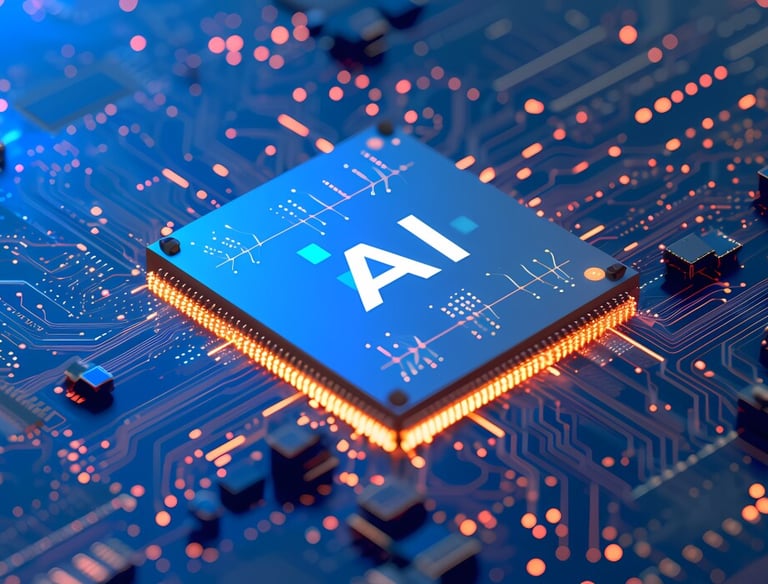

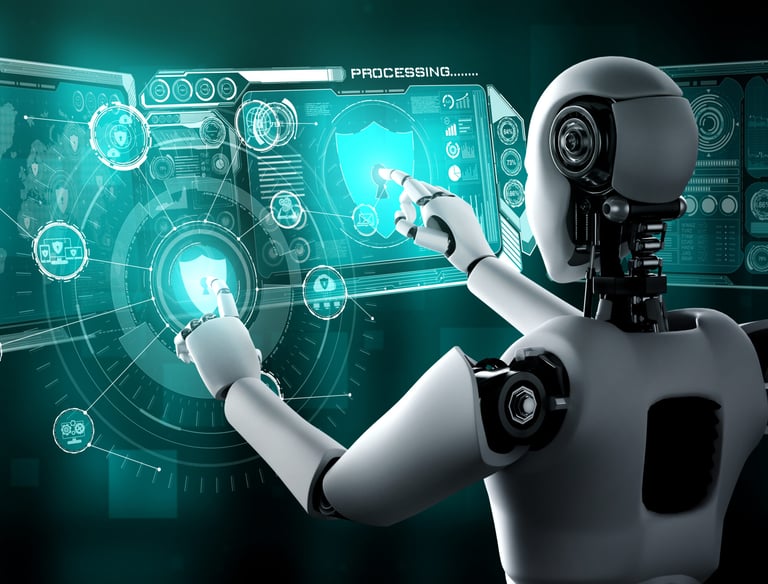

How business can benefit from AI
Enhance the features, functions and performance of products – 52%
Make better decisions – 36%
Optimize internal business operations- 31%
Free up employees to be more creative by automating tasks- 37%
Pursue new markets for better opportunities- 27%
Reduce head count through automation- 19%
Several other factors are identified by executives that can derail AI initiatives.
Technologies are still immature- 34%
We can’t get enough people with expertise in this AI technology- 36%
Managers don’t understand cognitive technologies and how they work- 41%
Current challenges of AI
Algorithms detect Patterns
Conclusion
Companies use cognitive engagement technologies more to interact with employees than with customers. This change will benefit turning customer interactions over to machines


Copyright © 2025 Lakebridge. All rights reserved.
Various trademarks held by their respective owners.
📍Duvvada, Vizag, Andhra Pradesh 530046
☎️ +91 (986) 613-7007
Quick Links
